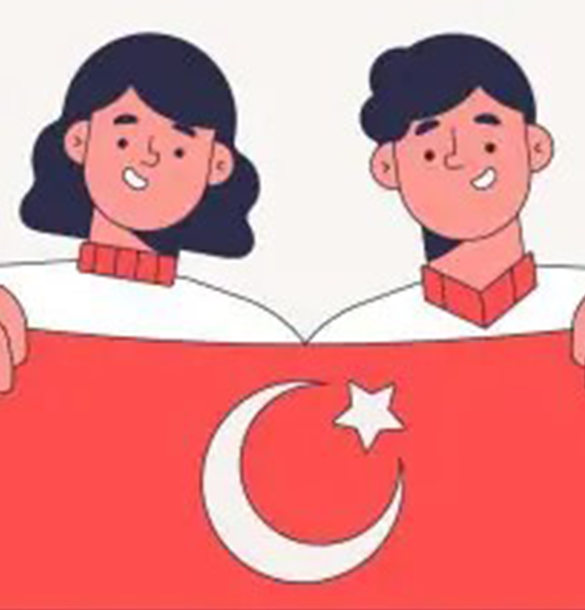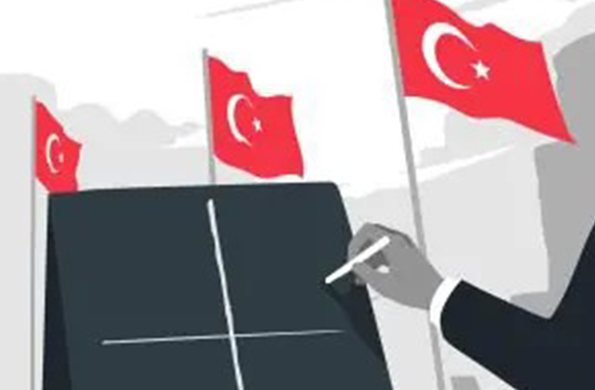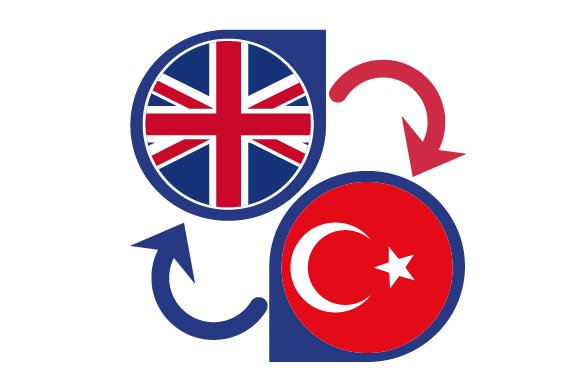Rosetta Translation provides a full range of Turkish translation services to companies in London and worldwide.

Rosetta Translation is a leading multi-sector translation specialist and its areas of expertise include the following:
Legal translation, Financial translation, Technical translation, Medical translation
We assign every single translation to the most appropriate specialised team of highly qualified Turkish translators, proofreaders and editors, thus making sure of a consistent and excellent quality in each of these areas.
Combined with our use of translation technology and our extraordinary flexibility as regards client needs, this results in the professional and reliable translation service that our regular customers expect and value.
We also provide Turkish interpreting services in London and worldwide.
For a free instant quote, please contact us at any of our local offices in London, Shanghai, New York, Paris or Luxembourg.
Rosetta one of very few translation agencies to hold both the prestigious ISO 9001:2015 accreditation as well as the DIN EN 15038 certification, the only norm that is specifically aimed at translation services. Our customers can therefore rest completely assured of the consistent and excellent quality of our work.
Our Translations can of course be certified, notarised and legalised to meet your exact requirements.
For a free instant quote, please contact us at any of our local offices in London, Shanghai, New York, Paris or Luxembourg.


All of our assignments are carried out by qualified experienced translators that are native in the language they translate into. They all specialise in a number of different areas to give the best possible results for our customers. We then make sure the formatting is correct, which is particularly important for Turkish, have the document proofread by a experienced, professional third party, all of which culminates in the provision of a final product of excellent quality.
Turkish (Türkçe) is one of the world’s more influential languages, with some 65 million native speakers, and another 10 million speaking Turkish as a second language.
At Rosetta Translation, our native translators have an in-depth knowledge not just of the language in question, but also have the ability to tailor translations to various communities and registers.
Irrespective of whether your Turkish-English translation assignment is complex and technical or more basic in style, Rosetta Translation always has experienced translators on hand to deliver, with expertise in a number of areas, from technical legal jargon to pharmaceutical industry terminology.
As an internationally aware company, we operate as worldwide a service for our English translation as we do for our other languages. This means that we can provide English in any of the many existing dialects, whether you need British English, American English, Australian English, even Jamaican English, we have the know-how and the expertise.

There are over 30 ethnic languages spoken in Turkey, such as Kurdish, Zazaki and Arabic, as well as Turkish, its official language. Approximately 85% of the Turkish population speak Turkish, with the rest of the languages made up of other ethnic languages, with Kurdish being the second most spoken language. This means that you want to be sure that it is Turkish you want your document translated into in case your intended purpose is for someone who speaks one of the other languages in Turkey.
Mustafa Kemal Atatürk, the founding father of what is known today as the Republic of Turkey, was the driving force behind Turkish’s language reform in the late 1920s and 1930s. He established the Turkish Language Association, whose job it was to make Turkish, well, more Turkish. In order to understand this concept, we have to acknowledge Turkey’s long rule under the Ottoman Empire, which saw the alphabet used to write Turkish back then as being Arabic. This had several problems, the most impactful of which being the simple mismatch in the sounds of Arabic letters to the actual sounds in Turkish. This significant difference is believed to be a key factor in the level of illiteracy in Turkey pre-reform.
Not only did Atatürk want to move away from the use of Arabic as the Turkish script to a form of modified Latin script, he wanted to denounce the prolific use of Arabic and Persian loan words altogether in favour of replacements with Turkish roots. Therefore, the use of Arabic or Persian words in Turkish was banned, which meant that almost overnight, the Turkish language was changed. This is illustrated perfectly by the fact that the initial speech that Atatürk himself gave in 1927 after Turkey gained its independence has had to be “translated” three times since then, as it has come to sound archaic and nonsensical as the Turkish language has undergone such transformation. These “translations” of the speech have occurred in 1963, 1985 and 1995 respectively.
However this language reform was not completely successful, as many Ottoman Turkish words are still used in Turkish today, however their meaning from the Turkish Turkish words vary slightly, such as the word for pain: Ottoman Turkish dert was derived from the Persian dard, and The Turkish Language Association specified its replacement with the native Turkish ağrı. However, both words persisted but diverged slightly in their meaning. Now ağrı is used for “physical pain” while dert is still used for “problem” or “trouble”.
Having an impeccable understanding of these words, their use and meaning today, as well as the respect for the language reform, means that a great translator from English to Turkish not only translates, but has to be aware of these factors also. All of the translators we work with at Rosetta Translation are able to navigate these with ease and finesse, so you can be certain that your translation will always read fluently to your Turkish audience, and vice versa.
Politeness is a big thing in Turkish culture and language. When meeting someone for the first time, it would be rude to address them by their first name, for example, until invited to do so. This would have been more common in Western English-speaking cultures more than 30 years ago, but this custom is still common in Turkey. Along with using honorifics (such as Mr./Mrs./Honourable etc.), Turkish will commonly use the plural second-person pronoun to denote politeness. Knowing the importance of being polite is paramount in making sure your translation hits the mark, and our English-Turkish translators do just that. By using Rosetta Translation, you can be sure you’re in good hands, for Turkish translation services, or any other language-related work.






What is the UN French Language Day? On 20 March, we once again celebrate UN French Language Day, a global celebration of linguistic diversity and cultural exchange. Created by the United Nations in 2010, this day is to remind us …

